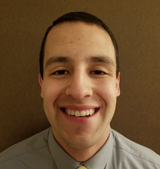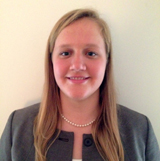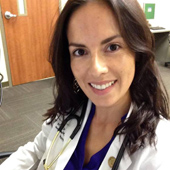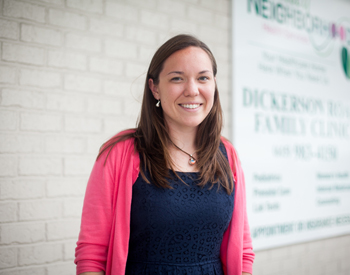Two Vanderbilt University School of Medicine (VUSM) students were recently chosen by the Fellowships at Auschwitz for the Study of Professional Ethics (FASPE) to participate in a two-week program in Germany and Poland that uses the conduct of physicians in Nazi-occupied Europe as a way to reflect on medical ethics today.

Third-year students Andrew Perez and Kelly Schuering are among 14 medical students chosen for the 2018 FASPE medical program, which provides a holistic curriculum that focuses on ethical problems faced by individual doctors in the various settings in which they practice.
“In medical school, I have learned more and gained more responsibility than I have in almost any other period of my life,” Perez said. “It is important to me that my ethical framework grows or expands to accommodate this knowledge and responsibility. FASPE will help me to examine my rules and stimulate their evolution.”
Originally from northern Idaho, Perez completed his undergraduate studies in neuroscience and Spanish at Brigham Young University. As a physician, he plans to specialize in interventional radiology.

Schuering received a bachelor’s degree in public policy and global health from Duke University in 2014 and became interested in the social determinants of health while working in Kenya and India over several summers during college. Following college, she spent a year working as a client advocate for mobile nursing clinics serving low-income elderly in Denver. She plans to go into internal medicine.
“Participating in FASPE will empower me to fight against the slow shifts of focus away from patient-centeredness in myself, my colleagues and the wider medical system that erode our ethical foundations and justify actions that fail to recognize the dignity of each person,” Schuering said.
The experience of the medical fellows is enhanced by traveling in June alongside the seminary fellows, and together will consider how ethical constructs and norms in their respective professions align and differ. The two groups will begin their trip in Berlin and then travel to Krakow and Oświęcim (the town in which Auschwitz is located), Poland.
After the program, each fellow will submit an essay focused on a contemporary ethical issue of his or her choice. Select essays are published in the annual FASPE Journal, which showcases work in all five disciplines: business, journalism, law, medical and seminary.
FASPE maintains long-term relationships with its fellows in order to sustain commitment to ethical behavior and to provide a forum for continued dialogue. To date, FASPE has nearly 450 alumni across its five programs.















